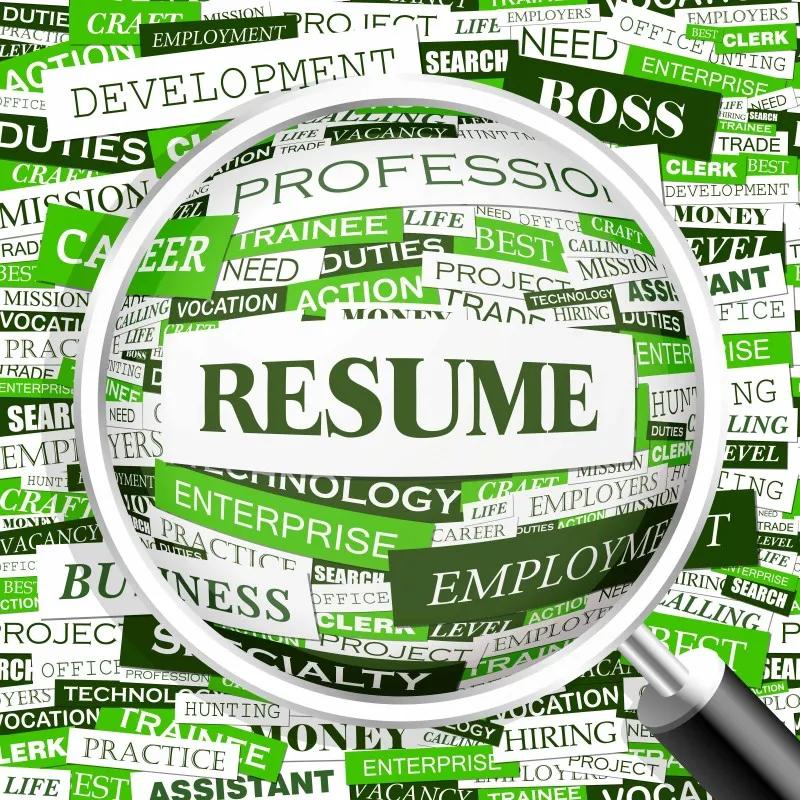Interview Tip: How to Handle Gaps in Your Healthcare Career Resume

Have you heard the saying, “You never get a second chance to make a first impression”? Well, it’s particularly true during an interview with a potential employer. But what do you do if you’re asked uncomfortable questions during that interview? You don’t want to make a bad impression, but you also need to tell the truth.
If your healthcare resume contains an unexplained gap in your employment history, you should expect it to come up during the interview. But just because it comes up doesn’t mean it has to leave them with a poor impression of you.
Here are a few ways to handle employment gaps during the interview process.
Talk about relevant activities you performed during the employment gap.
If you were unemployed because you were going back to school to earn a diploma or degree in healthcare, raising a family, or doing volunteer work, talk about it in the interview. Use this opportunity to position yourself in a positive light and highlight your passions. A good explanation can show your employer that you are a well-rounded candidate who has experience outside the workforce.
Explain how changing jobs was part of gaining experience in your field.
For many occupations, changing jobs is normal and even expected. Emphasize that fit is important to you, and then discuss how you could fit well into the healthcare office or facility for which you’re interviewing.
Emphasize your interest in a long-term position.
You want to ensure the interviewer that even if you haven’t had a long-term position for a while, you’re definitely interested in one now. Explain that you’re confident your skills are well-developed (if applicable) and that you’re ready to dig into a full-time healthcare position.
Explain why you left your last position.
You may have been fired, let go, or made the decision to leave on your own. If you’re not currently working in healthcare and your interviewer asks why, tell them what changed in your career and what you learned from your last position. Most importantly, be honest. Many people have been fired or resigned from a job that simply wasn’t right for them. It doesn’t mean that you’re not right for this new job.
Be confident.
Employers understand how competitive the job market is these days. They will also understand if you had to take a job outside of the healthcare field to make ends meet during the job search. You don’t have to justify or hide your employment gaps – show confidence in your future career and your ability to do this new job.
By explaining your healthcare career resume gaps openly and honestly, you will be in charge of your career’s narrative instead of letting your interviewer’s imagination fill in the gaps for you. Ultimate Medical Academy is here for our students beyond graduation, providing assistance with their resumes, interviewing, and even their job search!
Request Information
Talk with us. Start your journey.
Complete this form and we'll call you to explore options at UMA and answer your questions. We'll also email you info on how to get started. We're with you at every step!
Request Information
Talk with us. Start your journey.
Complete this form and we'll call you to explore options at UMA and answer your questions. We'll also email you info on how to get started. We're with you at every step!
About the Author
 Christina DeBusk
Christina DeBuskChristina DeBusk is a freelance writer who has been providing health and wellness content to healthcare organizations such as the American Chiropractic Association and International Sports Sciences Association (ISSA) since 2011. She obtained her Bachelor of Science in Sociology from Central Michigan University, minoring in psychology. She has also earned several ISSA certifications, including Certified Personal Trainer and Certified Nutrition Specialist, achieving the status of Elite Trainer.
Related Content


